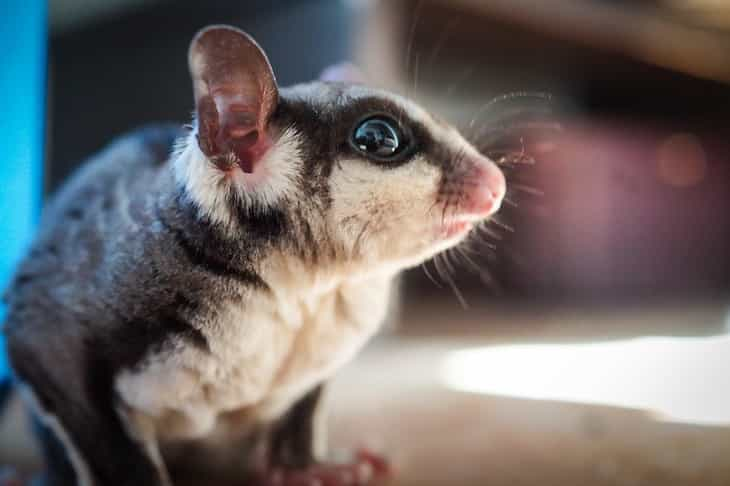There are lots of small and cute animals that seem to be perfect pets for people who love everything exotic and cute.
For instance, lots of people adore sugar gliders, but it doesn't mean that they should be kept as pets.
Here are a few reasons why.
Social needs
Sugar gliders are highly social animals that need companionship.
Keeping a single sugar glider as a pet can lead to loneliness and stress for the animal.

It is recommended to keep them in pairs or small groups, which can be more difficult to manage.
Space requirements
Sugar gliders need a large enclosure with plenty of room to climb, glide, and explore.
Providing an adequate living space can be challenging, especially in smaller homes or apartments.
Fragile and sensitive
Sugar gliders have delicate bodies and can easily injure themselves if mishandled or housed improperly.
They are also prone to stress-related health issues, such as self-mutilation or obesity, if their needs are not met.
Legal restrictions
In some places, it is illegal to keep sugar gliders as pets or requires special permits.
It's important to check the local laws and regulations before considering them as pets.
Lifespan and commitment
Sugar gliders have a relatively long lifespan, typically around 12-15 years in captivity.
Owning a sugar glider is a long-term commitment that requires time, effort, and financial resources for their care throughout their lifespan.
Limited domestication
Sugar gliders are wild animals that have not been fully domesticated like dogs or cats.
This means they retain many of their natural instincts and behaviors, which can be challenging to manage in a domestic setting.
Ethical considerations
Sugar gliders are native to specific regions, and their capture for the pet trade can have negative impacts on their wild populations.
Supporting responsible pet ownership means considering the ethical implications of keeping certain species as pets.
Previously, we talked about deer antlers.









